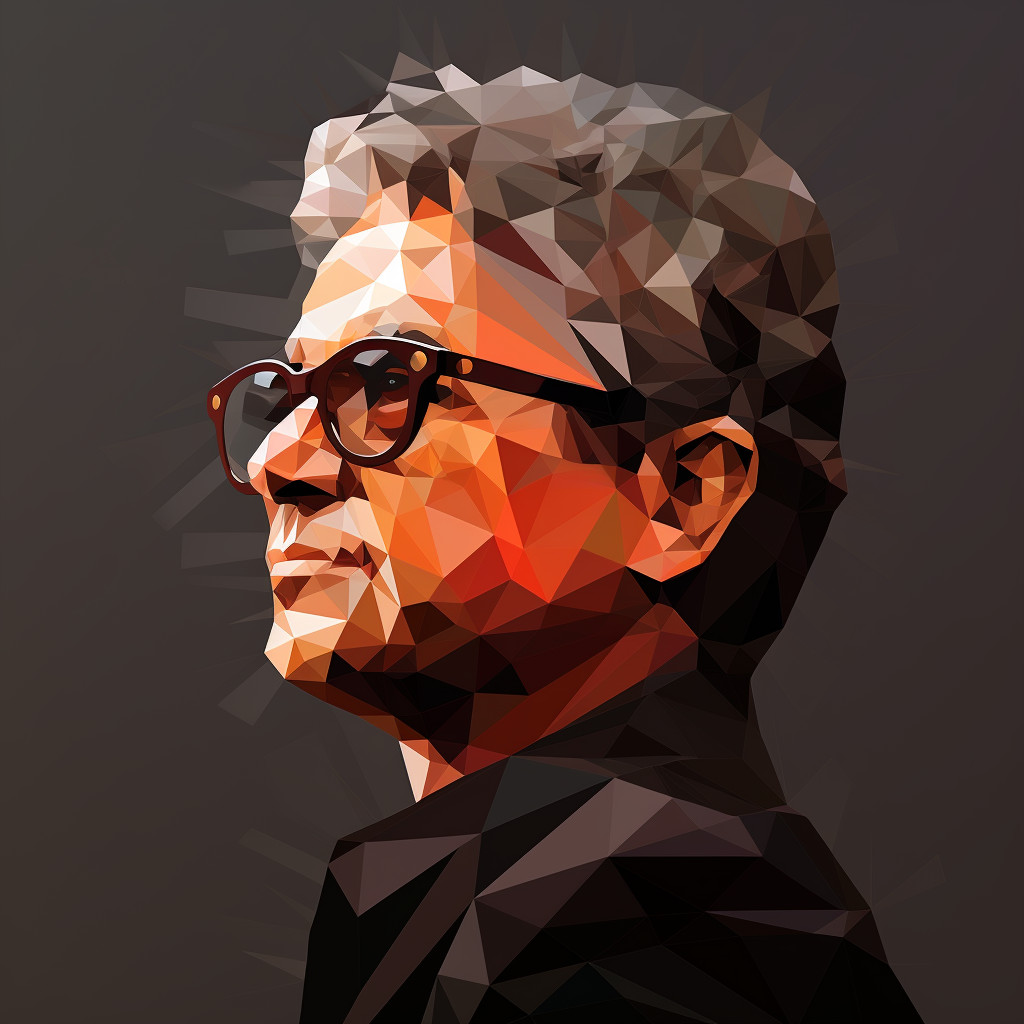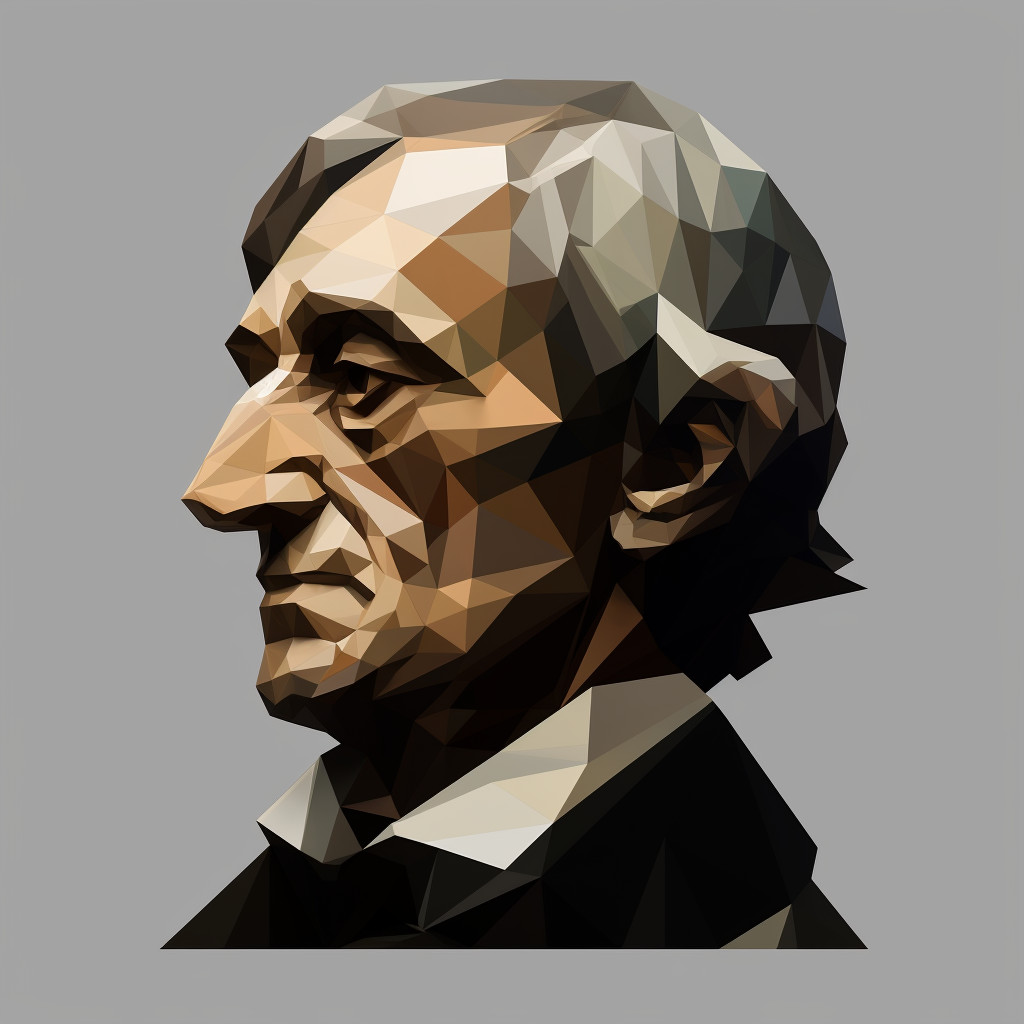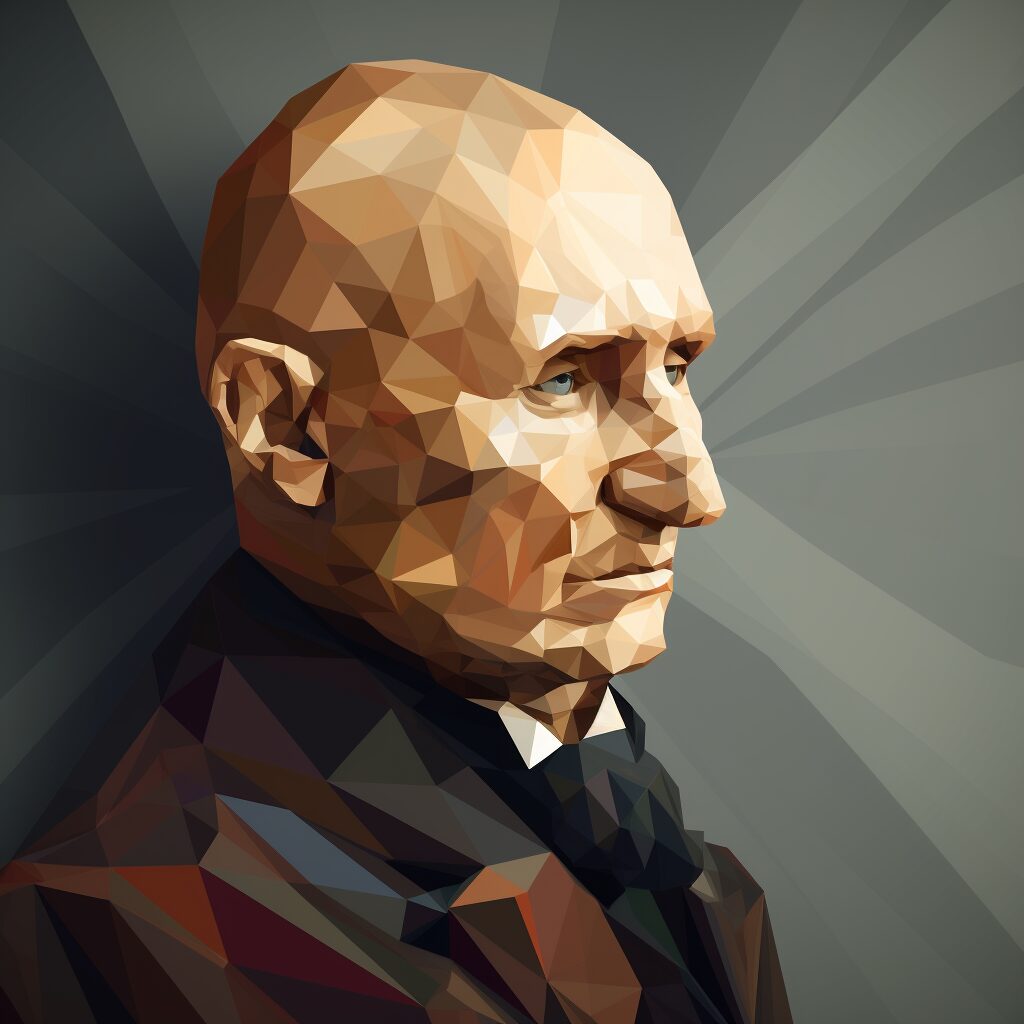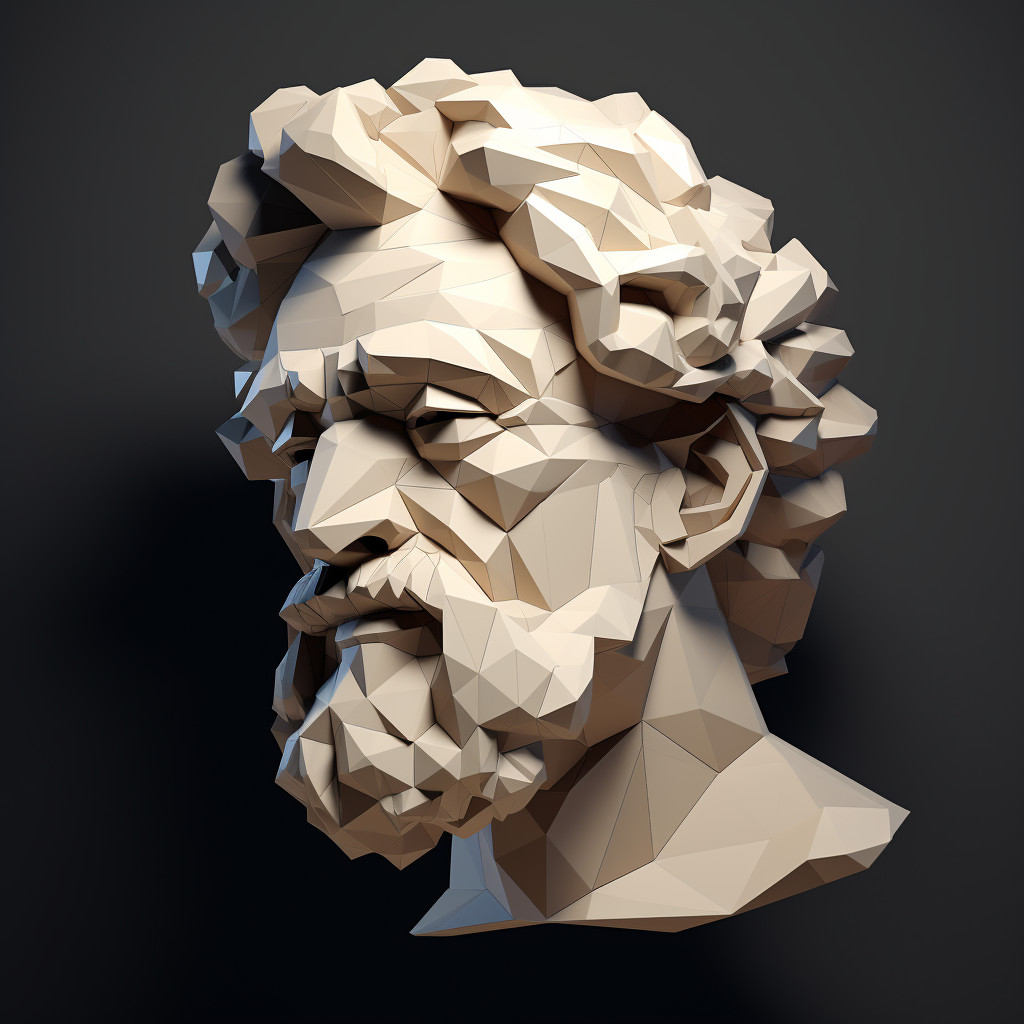'Distrust' Quotes
Distrust quotes have played a significant role in shaping the way individuals and society view trust and relationships. These quotes highlight the importance of being cautious and skeptical in our interactions with others, reminding us to not blindly trust anyone. Throughout history, famous figures…Read More
Distrust quotes have played a significant role in shaping the way individuals and society view trust and relationships. These quotes highlight the importance of being cautious and skeptical in our interactions with others, reminding us to not blindly trust anyone. Throughout history, famous figures such as Mahatma Gandhi and Abraham Lincoln have emphasized the dangers of misplaced trust and the need to be vigilant. In today’s world, where trust is often broken and betrayed, distrust quotes continue to resonate and inspire people to be more discerning in their relationships. They serve as a reminder to always question and verify, rather than blindly believe.Read Less
Distrust quotes have played a significant role in shaping the way individuals and society view trust and relationships. These quotes highlight the importance of being cautious and skeptical in our interactions with others, reminding us to not blindly trust anyone. Throughout history, famous figures such as Mahatma Gandhi and Abraham Lincoln have emphasized the dangers of misplaced trust and the need to be vigilant. In today’s world, where trust is often broken and betrayed, distrust quotes continue to resonate and inspire people to be more discerning in their relationships. They serve as a reminder to always question and verify, rather than blindly believe.
34 Memorable 'Distrust' Quotations and Sayings
Distrust – Symbolic Value
Distrust is a powerful emotion that can have a significant impact on our lives. It is a feeling of suspicion or lack of confidence in someone or something. In many cases, distrust is seen as a negative emotion, but it can also have symbolic value. It can serve as a warning sign, protecting us from potential harm or deception.Distrust can be seen as a symbol of self-preservation. It is a natural instinct to protect ourselves from potential threats. When we feel distrust towards someone or something, it is our mind’s way of telling us to be cautious and to proceed with caution. This symbolic value of distrust can be seen in various aspects of our lives, from personal relationships to business dealings.
Distrust – Cultural and Historical Significance
Distrust has played a significant role in shaping cultures and societies throughout history. In many cultures, distrust is seen as a necessary defense mechanism against potential enemies or invaders. In ancient times, distrust was often used as a tactic in warfare, with armies spreading rumors and false information to create distrust among their enemies.In some cultures, distrust is also seen as a sign of wisdom and intelligence. People who are naturally skeptical and cautious are often respected and admired for their ability to see through deception and manipulation. However, in other cultures, distrust can be seen as a negative trait, associated with paranoia and cynicism.
Distrust – Common Themes in Motivational Contexts
In motivational contexts, distrust is often associated with fear and insecurity. People who have experienced betrayal or deception in the past may struggle with trusting others, leading to a constant state of distrust. This can hinder their ability to form meaningful relationships and can also impact their professional lives.Distrust can also be a common theme in motivational speeches and self-help literature. Many motivational speakers and authors encourage their audience to be cautious and to trust their instincts when it comes to making important decisions. They often emphasize the importance of being aware of potential deception and manipulation, and to not blindly trust others.
Distrust – Portrayal in Art and Media
Distrust is a common theme in art and media, often portrayed through characters who are suspicious and untrusting. In literature, films, and television shows, characters who are distrusting are often portrayed as villains or anti-heroes. This reinforces the idea that distrust is a negative emotion and can lead to negative consequences.However, there are also instances where distrust is portrayed as a positive trait. In detective stories and thrillers, the protagonist’s distrust and skepticism often help them solve the mystery or catch the culprit. This shows that distrust can also be a useful tool in certain situations.
Distrust – Impact on Understanding of Life and Society
Distrust can have a significant impact on our understanding of life and society. It can shape our beliefs and attitudes towards others, and can also affect our behavior and decision-making. In a society where distrust is prevalent, it can lead to a lack of cooperation and unity, hindering progress and growth.On an individual level, constant distrust can also have negative effects on mental health. It can lead to feelings of isolation and loneliness, as well as anxiety and stress. It can also hinder personal growth and development, as it can prevent individuals from forming meaningful relationships and taking risks.In conclusion, distrust is a complex emotion that holds symbolic value and has played a significant role in shaping cultures and societies throughout history. While it can serve as a warning sign and protect us from harm, it can also have negative consequences if it becomes a constant state of mind. It is important to find a balance between being cautious and trusting others, as it can greatly impact our understanding of life and society.





















